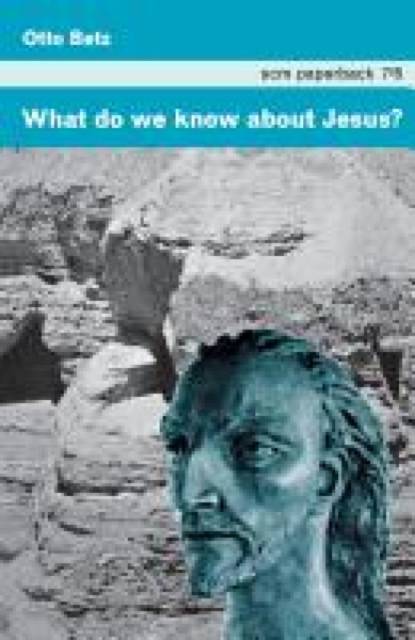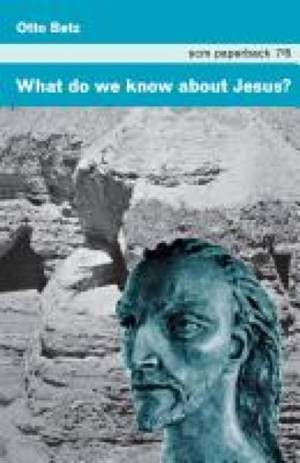
- Afhalen na 1 uur in een winkel met voorraad
- Gratis thuislevering in België vanaf € 30
- Ruim aanbod met 7 miljoen producten
- Afhalen na 1 uur in een winkel met voorraad
- Gratis thuislevering in België vanaf € 30
- Ruim aanbod met 7 miljoen producten
Zoeken
Omschrijving
What can we really know about Jesus ? Are there some basic facts which resist the criticism of even the most sceptical New Testament scholars? Despite the many problems of which modern study of the Gospels has made us aware, can we go beyond the picture of Christ drawn by the theologians of the Early Church to discover Jesus himself? Answers to these questions from Germany have been more often negative than positive since the failure of the 'Quest of the historical Jesus' and the rise of form criticism. In this book, however, a distinguished German New Testament scholar, who has also taught in the United States, argues that our knowledge of the historical Jesus is not as limited as it is sometimes made out to be. Although aware of the arguments of the sceptics, he is ready to set forward in clear and simple terms what we can claim to know of the work and message of Jesus and the way in which he came to be proclaimed as Christ by the Early Church. A notable feature of the book is the use made of the Qumran scrolls. The author points out in a valuable survey of the material just where it illuminates the New Testament record and where it is largely irrelevant.
Alleen bij Standaard Boekhandel
+ 55 punten op je klantenkaart van Standaard Boekhandel
Beoordelingen
We publiceren alleen reviews die voldoen aan de voorwaarden voor reviews. Bekijk onze voorwaarden voor reviews.












